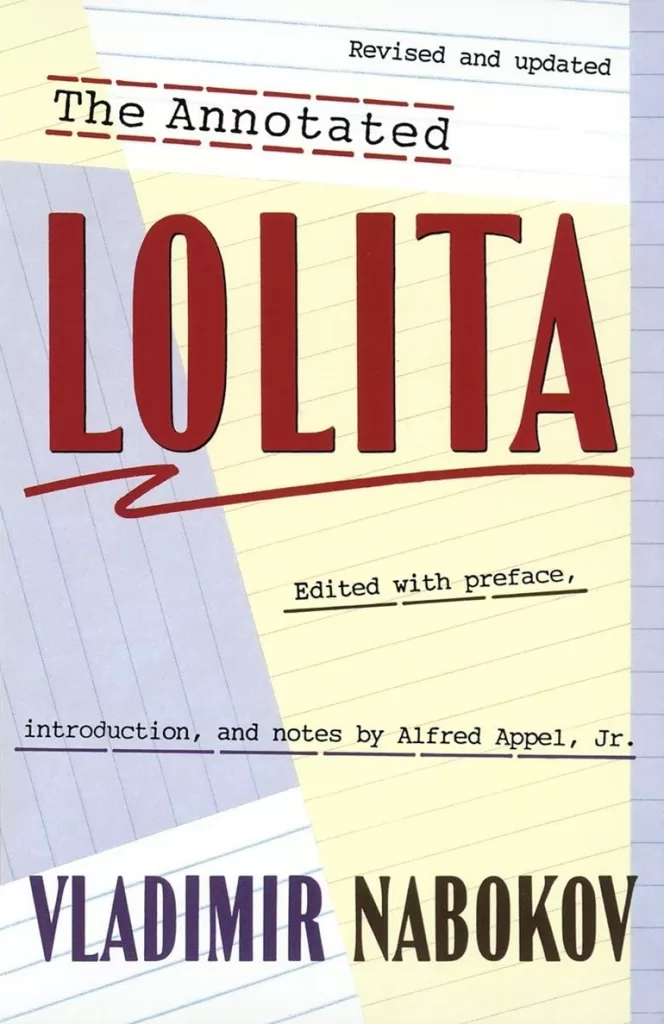A Review of “Lolita” by Vladimir Nabokov

Introduction
“Lolita,” written by Vladimir Nabokov, is a provocative and controversial novel that has captivated readers since its publication in 1955. The story, narrated by Humbert Humbert, delves into his obsessive and illicit love for Dolores Haze, whom he nicknames Lolita. Nabokov’s masterful prose and complex characterizations make this book a literary masterpiece, though its subject matter often sparks intense debate.
Plot and Themes
The novel follows Humbert Humbert, a European intellectual with a troubled past, who becomes infatuated with 12-year-old Lolita after becoming her stepfather. His obsession leads to a tumultuous and morally ambiguous relationship, filled with manipulation and control. Nabokov’s exploration of obsession, manipulation, and the destructiveness of desire is both haunting and compelling.
Literary Style
Nabokov’s writing in “Lolita” is renowned for its linguistic creativity and rich, poetic language. The narrative is filled with wordplay, intricate descriptions, and dark humor, showcasing Nabokov’s skill as a writer. Despite the unsettling subject, the prose remains captivating, making it a challenging yet rewarding read.
Controversy and Impact
“Lolita” has been the subject of much controversy due to its portrayal of a pedophilic relationship. Some readers and critics view it as a disturbing tale of exploitation, while others see it as a complex exploration of forbidden love and obsession. Regardless of one’s perspective, “Lolita” undeniably challenges readers to confront uncomfortable themes and question moral boundaries.
Conclusion
“Lolita” by Vladimir Nabokov is a novel that pushes the limits of literature and morality. Its complex characters, rich prose, and controversial themes ensure it remains a significant and thought-provoking work in the literary canon. Whether viewed as a masterpiece or a troubling narrative, “Lolita” continues to provoke discussion and analysis.
